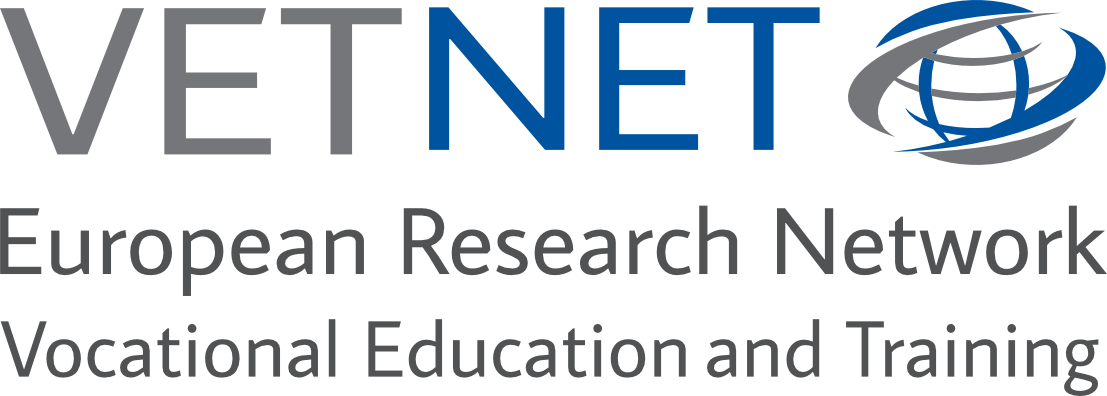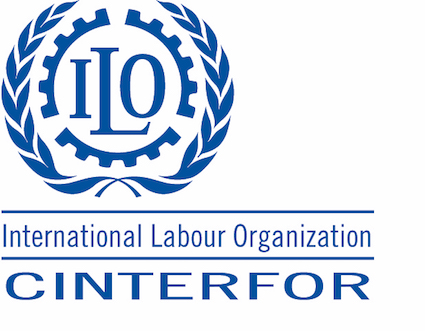Expertise Development at Work: A Workplace Curriculum Perspective in the Domains of Sales Representatives and Leadership Coaches in a German Context
DOI:
https://doi.org/10.13152/IJRVET.11.3.2Keywords:
Workplace Curriculum, Expertise, Workplace learning, Sales Representatives, Leadership Coaches, VET, Vocational Education and TrainingAbstract
Context: Active engagement and participation in professional practices are an important requirement for expertise development in vocational domains. However, not much is known about how work contexts foster or hinder such expertise development. To further fill this research gap, this study investigates two vocational domains, namely sales representatives and leadership coaches, using the Workplace Curriculum Approach. This approach focuses on three aspects. First, how novices get access to certain tasks. Second, which tasks at work are especially conducive to learning, referred to as pedagogically-rich activities. Third, what knowledge is hard-to-learn through practice alone. By focusing on these three aspects, the Workplace Curriculum Approach helps to understand learning.
Method: Eleven highly competent sales representatives and ten highly competent leadership coaches from German organizations participated in an interview study. A thematic qualitative text analysis was applied using deductive and inductive coding.
Results: For sales representatives, task sequencing is different across organizations due to structural factors, particularly products, and infrastructure. Ideally, apprentices start by getting to know the customers by selling products on site at a counter and by getting to know the products in the warehouse. challenging interactions with customers on the phone are most conducive to learning. The scope of the product portfolio and the amount of technical knowledge are hard to learn. Leadership coaches are encouraged by peers to start at team leader and smaller team levels before moving on to more senior executives and larger team levels. Weekly team meetings offer important social learning opportunities similar to informal discussions among peers. Methodological and organizational knowledge are hard to learn.
Conclusion: Regardless of differences between both domains, the Workplace Curriculum Approach proved useful for analyzing learning and expertise development in the different workplace contexts. The approach proved to be a fairly tangible and easy-to-use tool to investigate how workplaces support expertise development and how workplace learning regimes might be changed to further foster novices’ learning and development. Researchers and practitioners alike can utilize the Workplace Curriculum Approach to analyze learning in different domains in their respective organization. However, individual factors of the learners such as motivation to participate in activities in the workplace are not explicitly included in this approach to investigate professional learning and development. They should be of additional focus in any study interested in vocational expertise development.
Downloads
Online First / Final Publication Date
How to Cite
Issue
Section
URN
License
Copyright (c) 2024 Daniel Paul Köhler, Michael Goller

This work is licensed under a Creative Commons Attribution-ShareAlike 4.0 International License.





